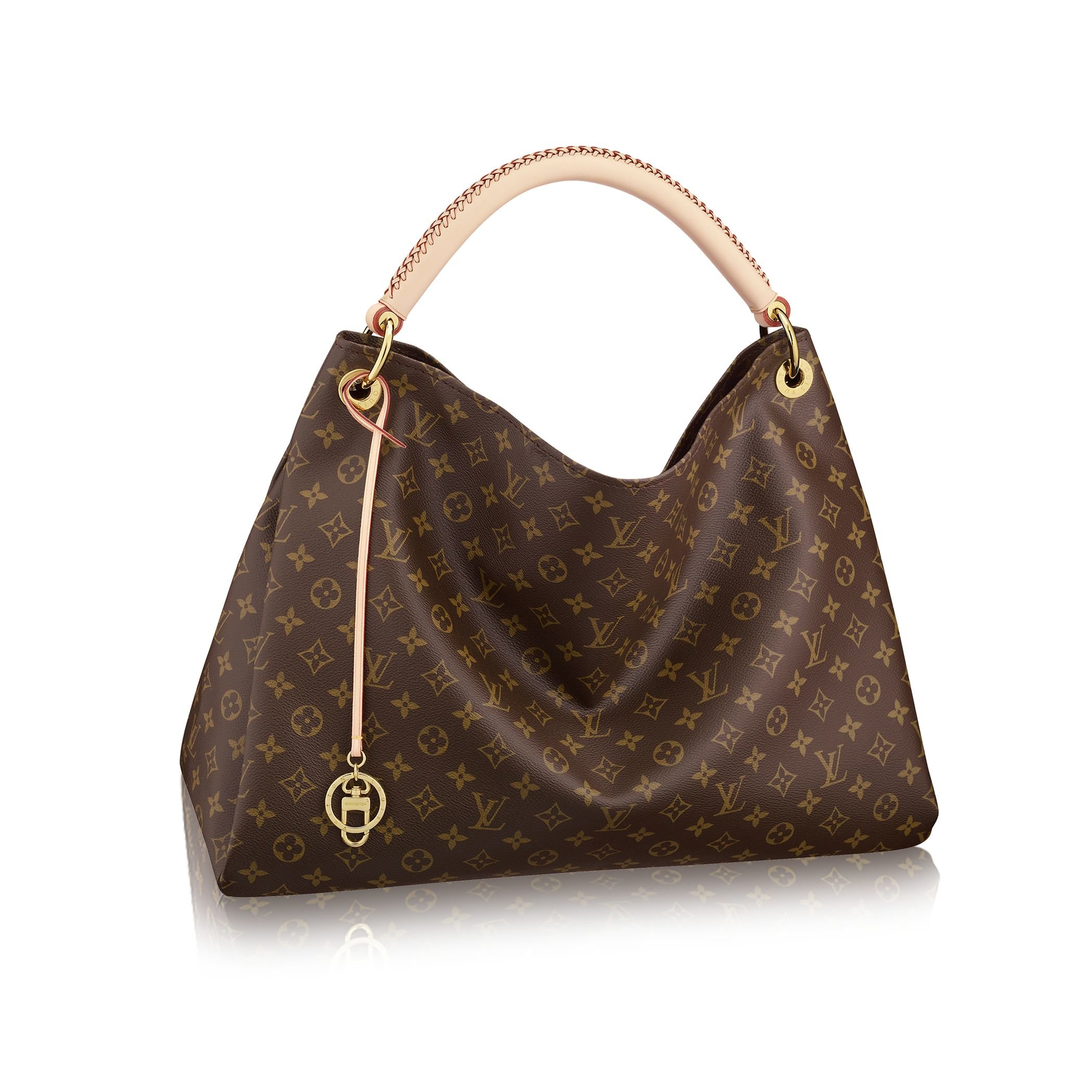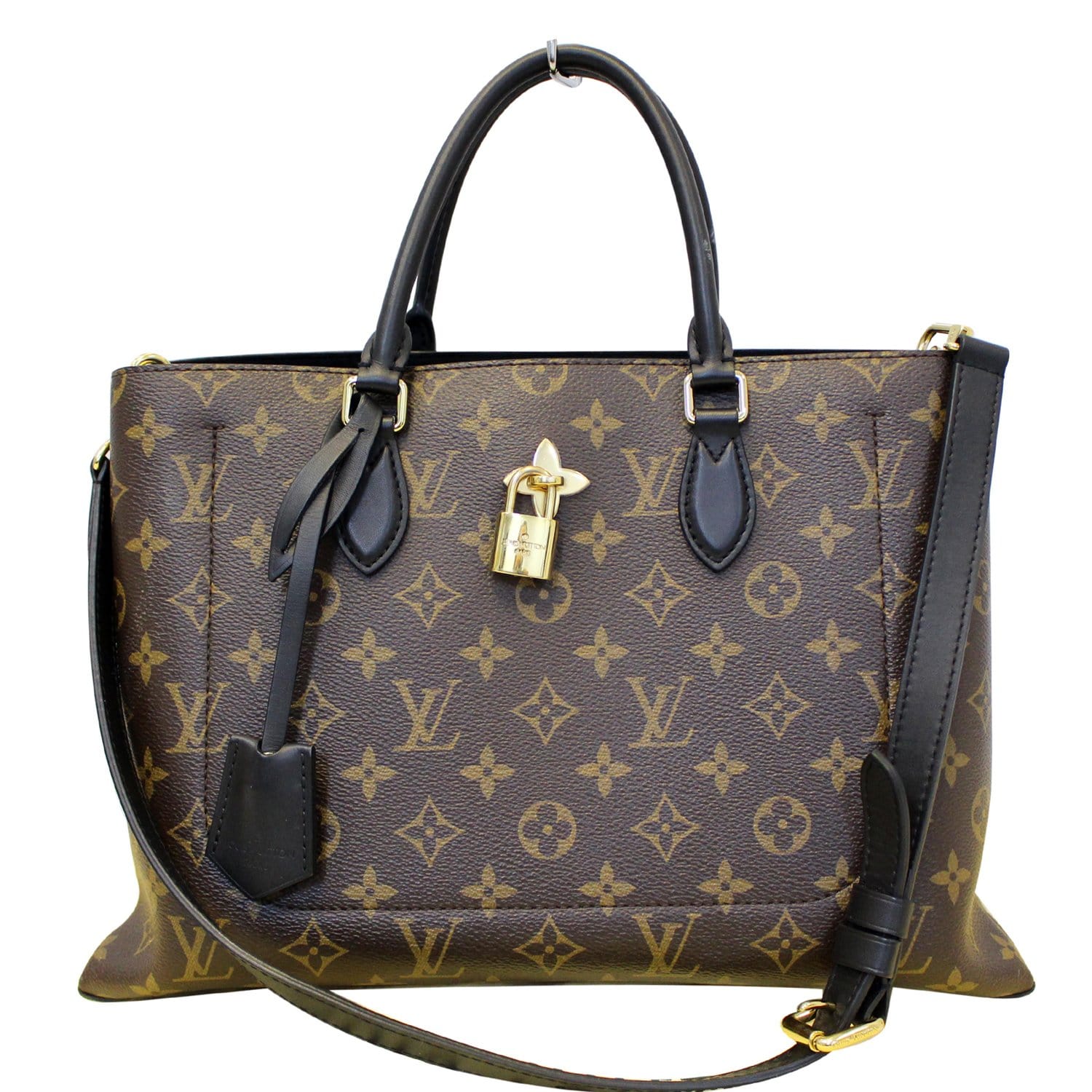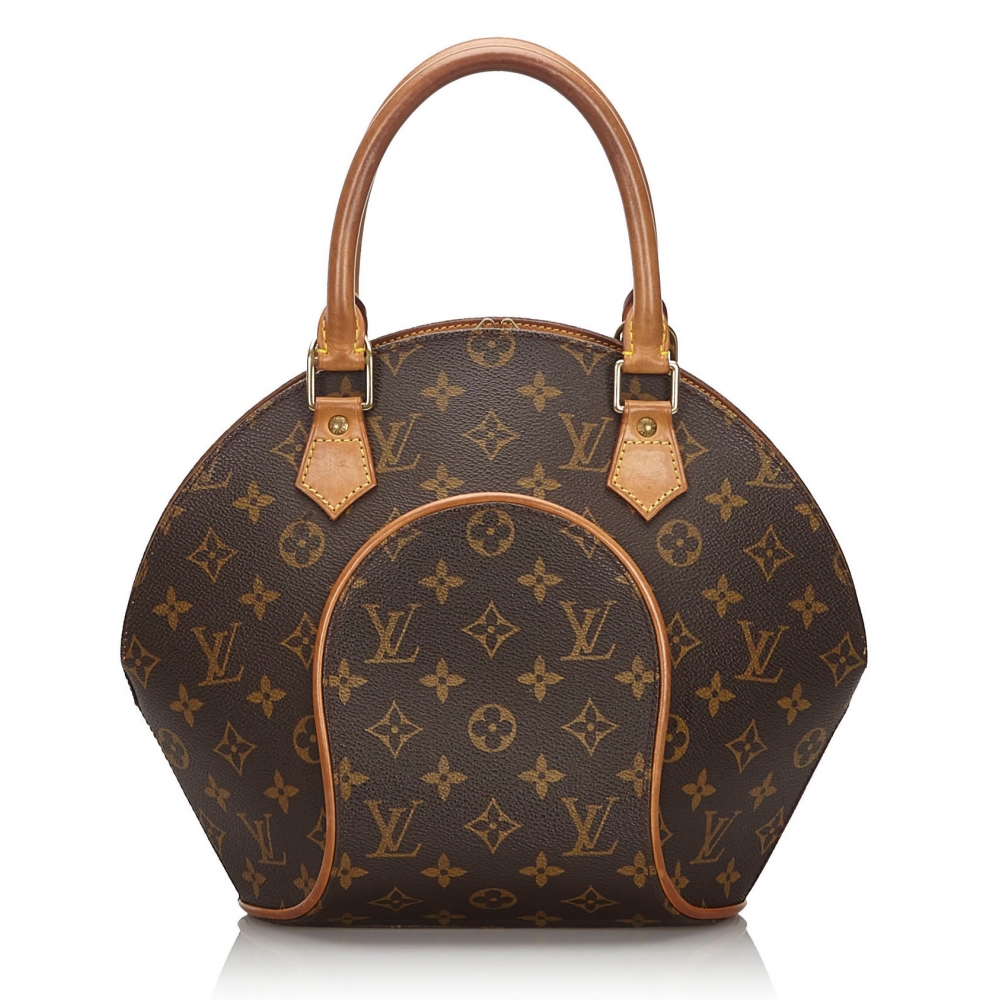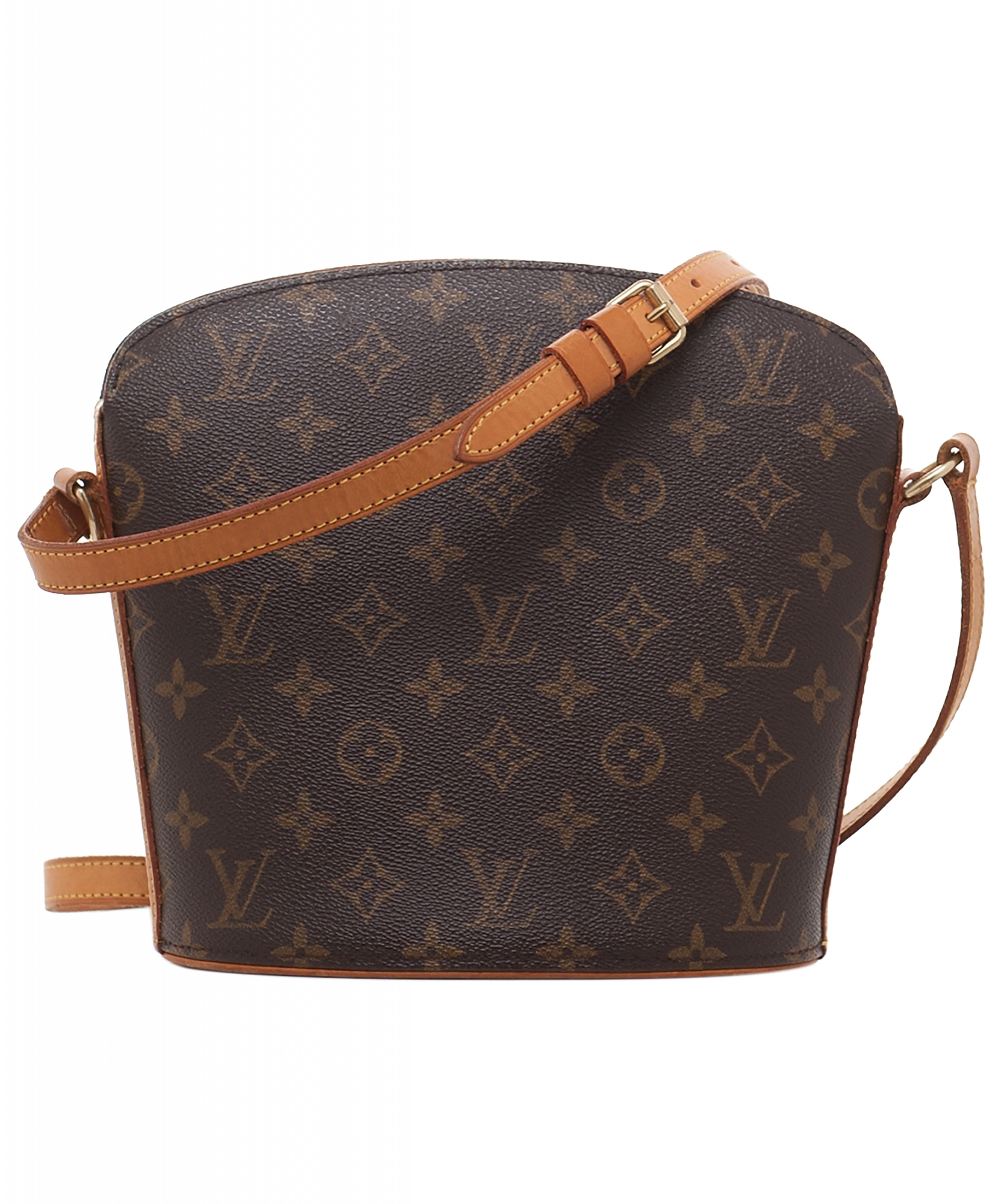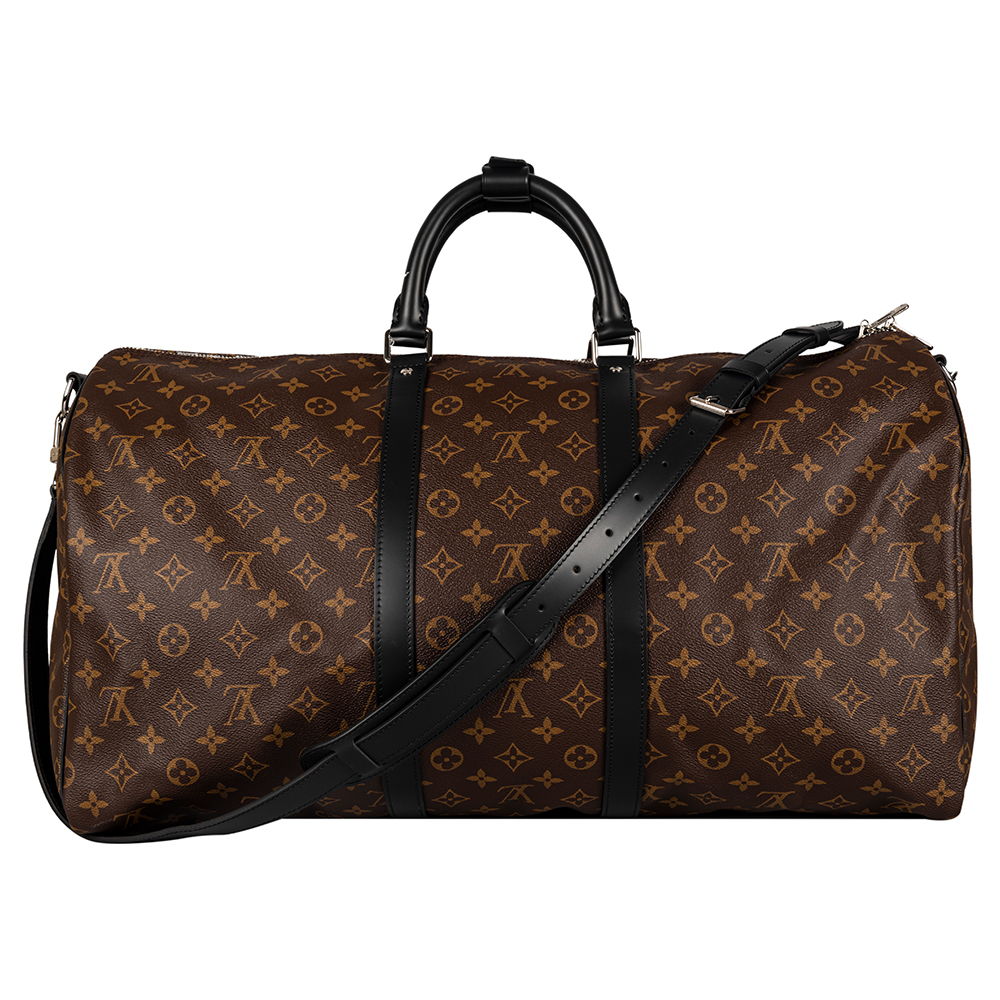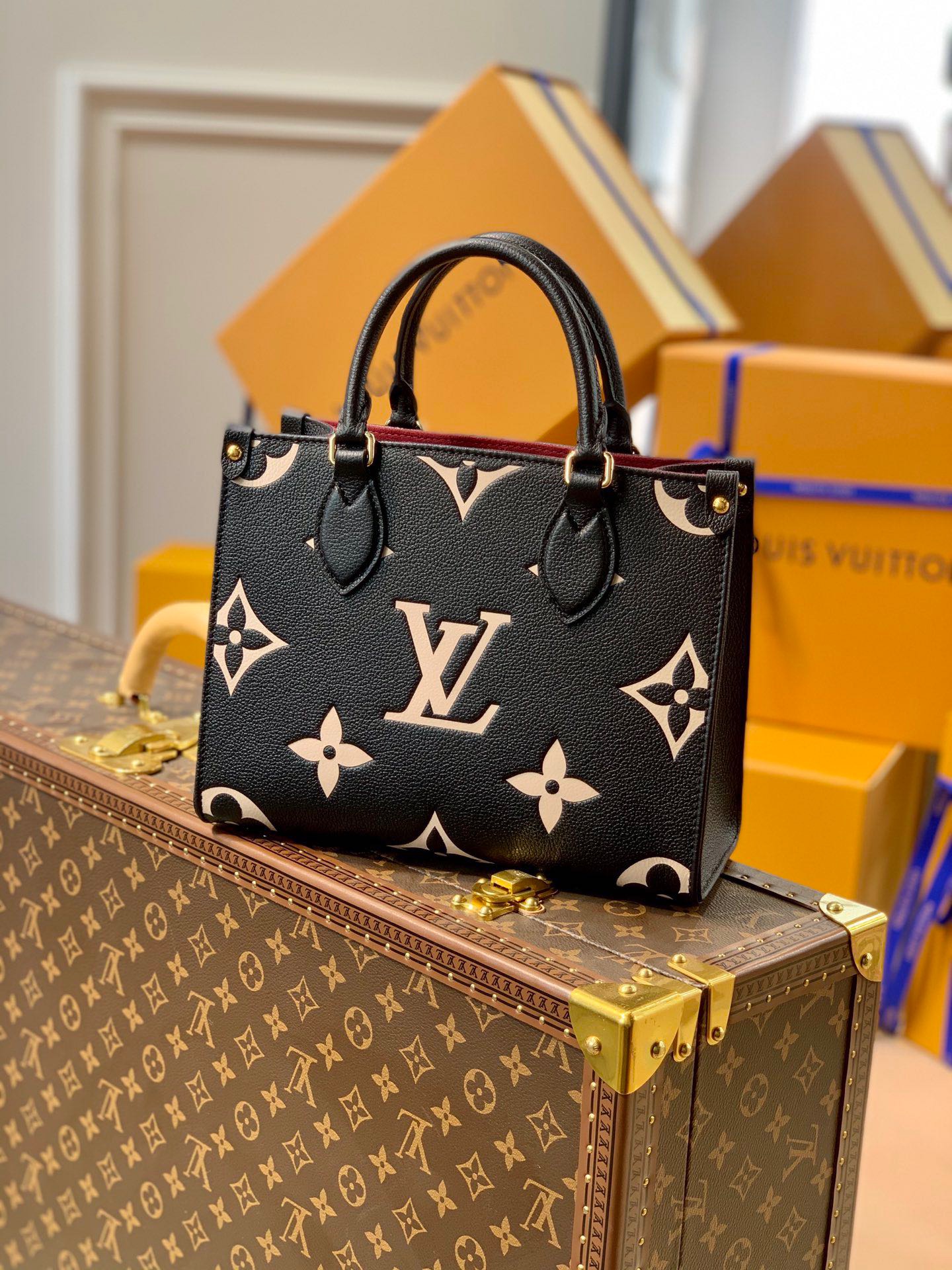How Louis Vuitton Turned Her Looks Into Luxury: Body Stats & Net Worth
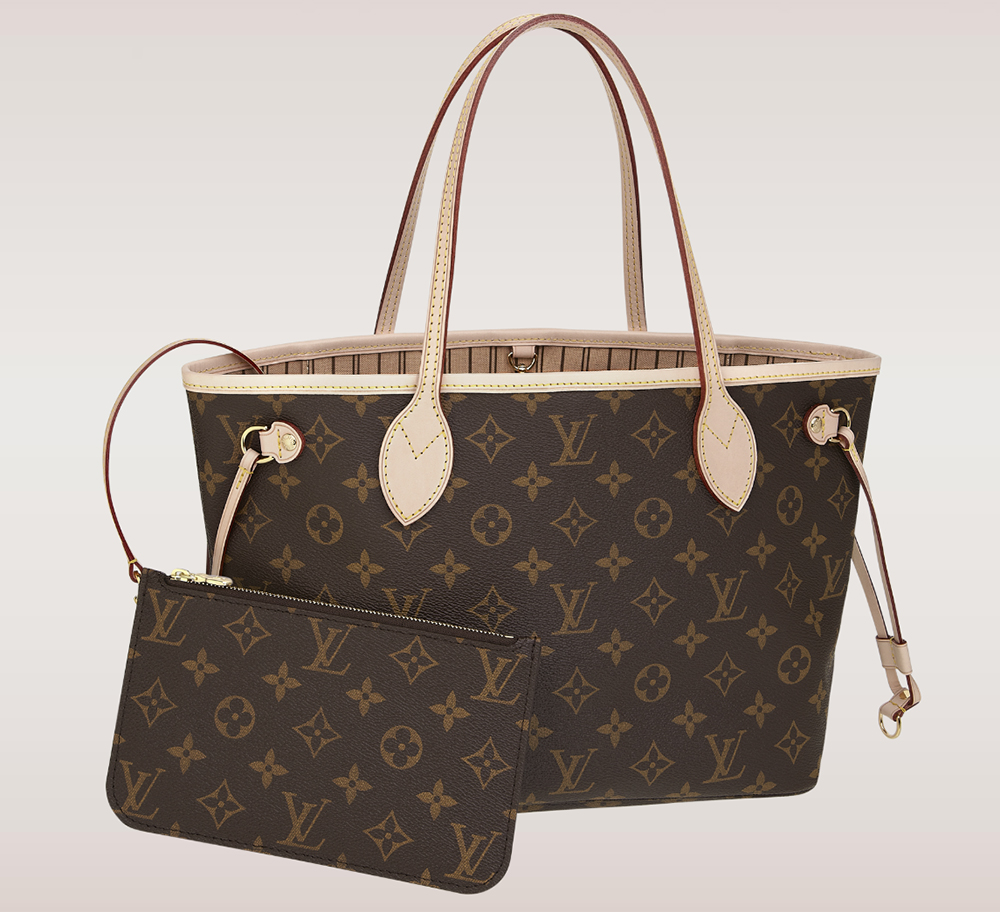
Louis Vuitton, a name synonymous with luxury and exquisite craftsmanship, is more than just a brand; it's an empire built on a foundation of innovation and timeless appeal. While Louis Vuitton himself passed away in 1892, the enduring legacy he created has propelled the brand and, by extension, his heirs to unimaginable wealth. Understanding the net worth associated with Louis Vuitton requires disentangling the value of the brand itself from the individual fortunes of those connected to it. However, to understand the scale of wealth generated by the House of Vuitton, we must look to the parent company, LVMH Moët Hennessy Louis Vuitton.
LVMH, the world's largest luxury conglomerate, boasts a portfolio that extends far beyond the iconic monogrammed luggage. From Dior and Fendi to Bulgari and Sephora, LVMH encompasses a vast array of prestigious brands, solidifying its position as a dominant force in the global luxury market. Bernard Arnault, the Chairman and CEO of LVMH, and his family are the principal shareholders and beneficiaries of the company's immense success. Forbes and Bloomberg regularly track the net worth of Bernard Arnault and his family, which fluctuates based on LVMH's stock performance and market conditions. As of late 2024, Arnault's net worth consistently places him among the wealthiest individuals in the world, often vying for the top spot with other tech and business titans. Estimates typically range well above $200 billion, a figure that underscores the unparalleled value of the LVMH empire and the enduring power of the Louis Vuitton brand.
The Arnault Family Fortune and LVMH's Performance
The Arnault family's wealth is inextricably linked to the performance of LVMH. The company's financial reports provide insights into its revenue, profit margins, and overall market capitalization. These figures are crucial for analysts and investors who track the value of LVMH shares and, consequently, the Arnault family's net worth. LVMH's consistent growth, driven by the enduring appeal of its brands and its strategic acquisitions, has been a key factor in the consistent rise of the Arnault family fortune. Beyond direct ownership, the Arnault family also benefits from dividends paid out by LVMH and from the appreciation of their investment portfolio, which includes a variety of assets beyond the luxury goods sector.
The success of Louis Vuitton itself is a significant driver of LVMH's overall performance. The brand's consistent innovation in design, its commitment to quality craftsmanship, and its effective marketing strategies have solidified its position as a global leader in luxury fashion. The enduring appeal of the Louis Vuitton monogram, its expansion into new product categories such as ready-to-wear and accessories, and its strategic collaborations with artists and designers have all contributed to its sustained growth and profitability.
The net worth associated with Louis Vuitton extends beyond the Arnault family. The company employs thousands of individuals worldwide, from artisans and designers to sales associates and executives. These individuals benefit from the economic opportunities created by the brand's success, earning salaries and contributing to local economies. Moreover, the Louis Vuitton brand supports a vast network of suppliers and partners, further extending its economic impact. The brand's commitment to social responsibility, through initiatives such as sustainable sourcing and community development programs, also contributes to its overall value and reputation.
The story of Louis Vuitton is a testament to the power of innovation, craftsmanship, and strategic vision. From its humble beginnings as a trunk-making workshop in Paris to its current status as a global luxury powerhouse, the brand has consistently adapted to changing market conditions while maintaining its commitment to quality and excellence. The net worth associated with Louis Vuitton is not simply a financial figure; it represents the culmination of generations of hard work, creativity, and entrepreneurial spirit. It is a story of enduring legacy and the transformative power of luxury.
The Louis Vuitton brand transcends mere material possessions; it embodies a sense of aspiration, sophistication, and timeless elegance. This is evident in the way celebrities, influencers, and discerning consumers around the world embrace the brand's products, using them to express their personal style and elevate their social standing. The brand's marketing campaigns, often featuring high-profile personalities and visually stunning imagery, further reinforce its image as a symbol of success and achievement.
The enduring appeal of the Louis Vuitton brand is also evident in the secondary market, where vintage and limited-edition pieces often command high prices. Collectors and enthusiasts are willing to pay a premium for items that are rare, unique, or historically significant, further demonstrating the brand's enduring value and its status as a cultural icon. The rise of online resale platforms has made it easier for consumers to buy and sell pre-owned Louis Vuitton items, creating a vibrant marketplace that extends the life cycle of the brand's products and contributes to its overall value.
The Louis Vuitton story continues to evolve, with the brand constantly innovating and pushing the boundaries of luxury fashion. Its recent collaborations with artists and designers, its expansion into new product categories, and its embrace of digital technologies demonstrate its commitment to staying relevant and engaging with a new generation of consumers. As LVMH continues to navigate the complexities of the global luxury market, the Louis Vuitton brand will undoubtedly remain a cornerstone of its success, driving growth and shaping the future of luxury fashion.
